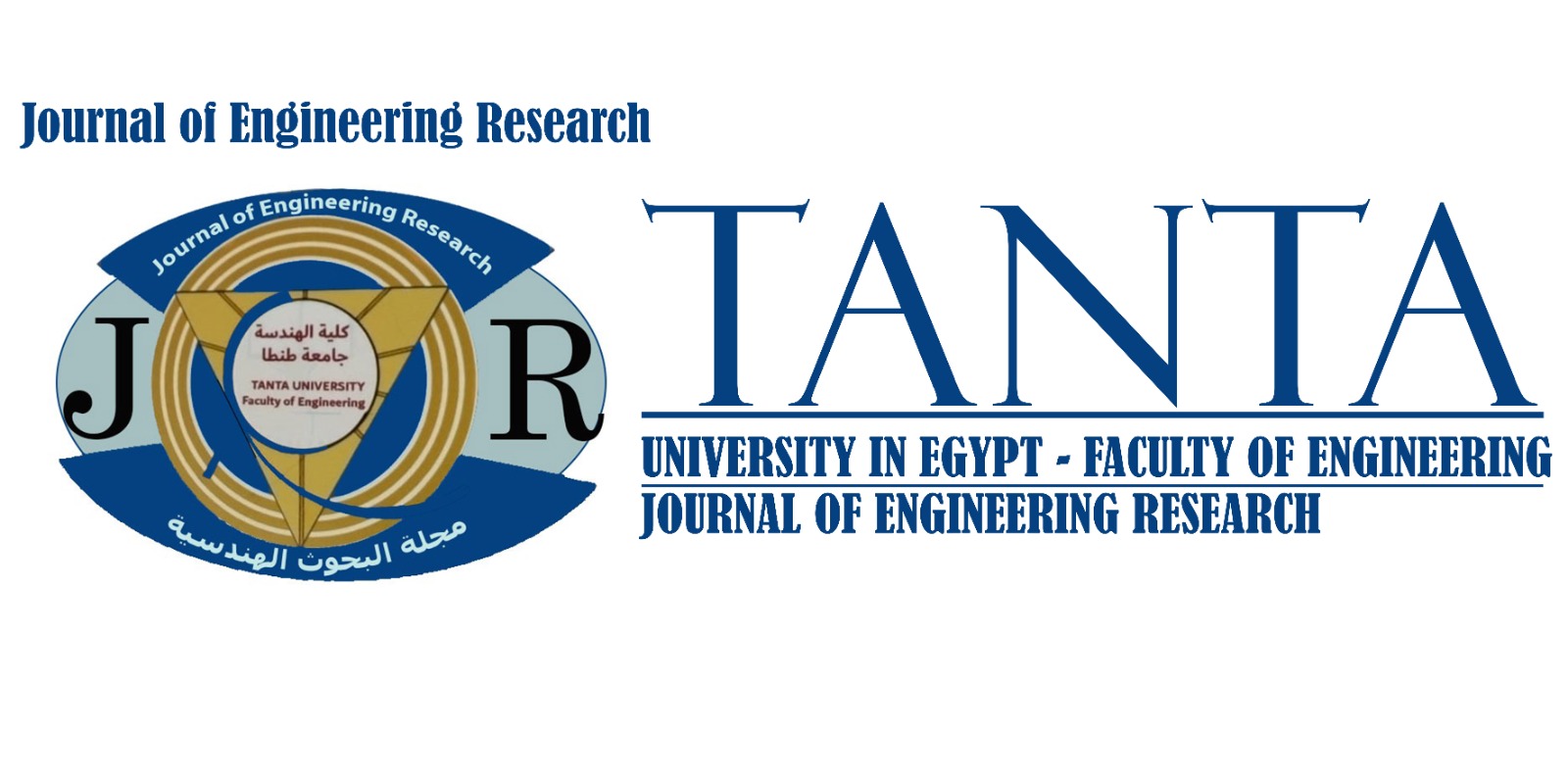Journal of Engineering Research

Abstract
Industrial waste is one of the most important sources of environmental pollution in the world and Egypt. Providing economic opportunities for recycling these wastes represent an essential solution to this problem to encourage waste producers to dispose it safely and to provide an added value for these wastes. This research work will study the feasibility of recycling certain industrial wastes for production low-cost building materials and improving the soil compaction characteristics. In this research work, the efficiency of recycling some common local industrial wastes in production of construction materials was explored. The selected wastes include cement kiln dust (i.e. bypass) and ceramics powder. Previous researches and the chemical analysis showed that both wastes are promising as cement replacement materials. However, this exploratory phase is an initial investigation targeting the chemical properties of theses wastes for efficient use of both wastes to replace cement –partially- in mortar and plain concrete elements as well as bricks. The advantage of replacing part of the cement content with waste materials has double environmental action, by which reducing cement use leading to less carbon dioxide emission in addition to the safe recycling of the industrial wastes. Based on the selected condition of the cement bypass and ceramic powder, no significant enhancement was recorded in the mortar and concrete mixes had various ratios of cement replacement. However, the main physical and mechanical properties of some of the tested mixes provided promising values for using these mixes for production of more green plain concrete, mortar and bricks. For the soil enhancement application, addition of cement bypass to soil -commonly found in delta region- increased the California Bearing Ratio (CBR) value of this soil by 300%. Currently more comprehensive investigation is running to cover more than cement and ceramic factories in order to have a reliable data base of the properties of these types of industrial wastes and the efficient recycling of these wastes in construction materials and soil improvement applications.
Recommended Citation
Sharkawi, Alaa El-Din
(2015)
"RECYCLING LOCAL INDUSTRIAL WASTES FOR PRODUCTION OF GREEN CONSTRUCTION MATERIALS,"
Journal of Engineering Research: Vol. 1:
Iss.
1, Article 3.
Available at:
https://digitalcommons.aaru.edu.jo/erjeng/vol1/iss1/3

